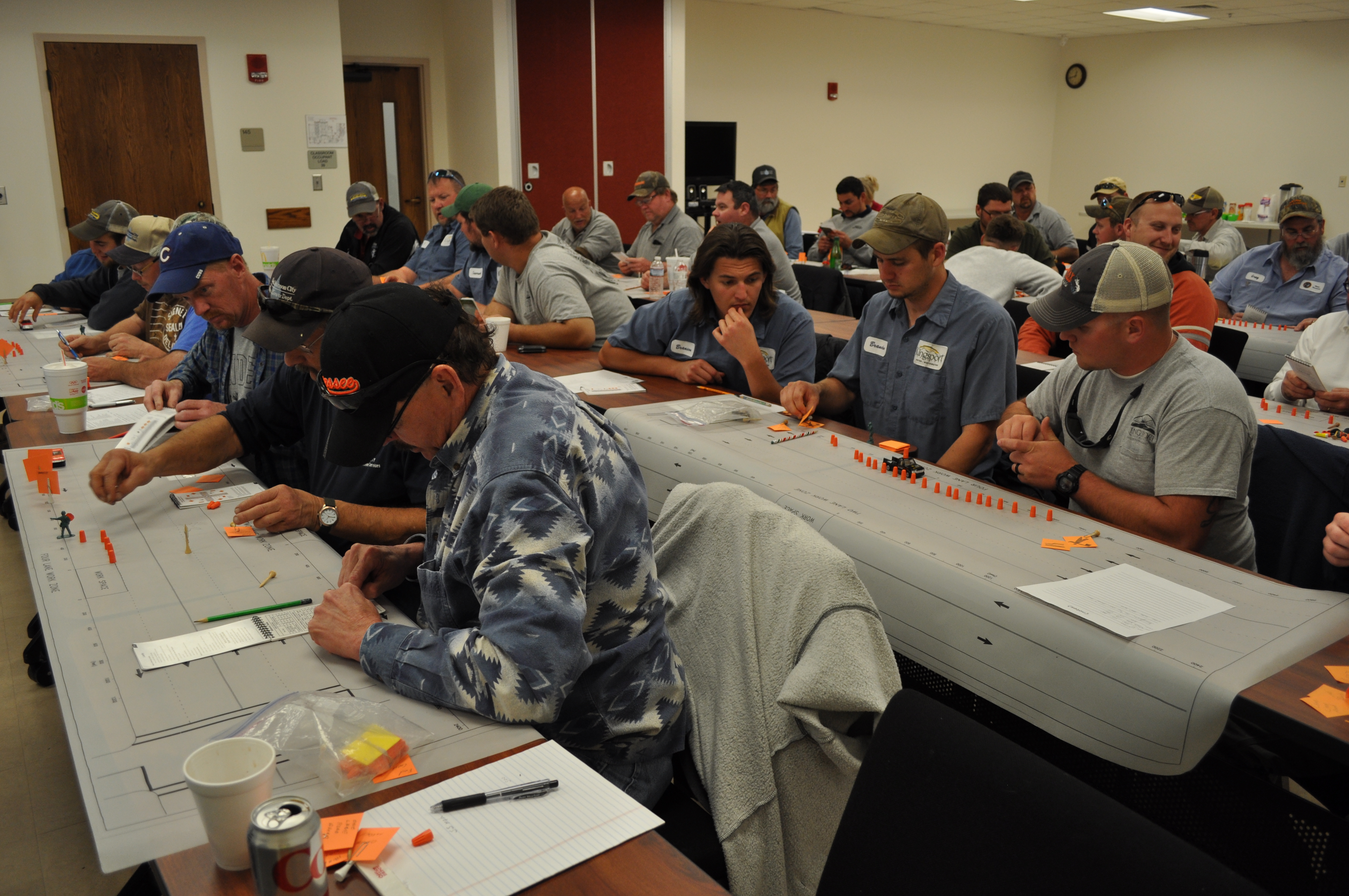What is the Tennessee Transportation Assistance Program?
by Matt Cate, Director, P.E.

This headline, and the question that it poses, sums up a significant portion of my career. It's a question that I spend quite a bit of time answering as the director of the Tennessee Transportation Assistance Program, or TTAP. I spend quite a bit of time telling our program's sponsors at the Tennessee Department of Transportation (TDOT) and the Federal Highway Administration (FHWA) what TTAP has done or will do quarterly and annually. Additionally our TTAP team meets weekly to discuss what our program will do now and in the future. The one thing that I don't often do is to tell you, and others like you, why TTAP exists and what TTAP can do to help you.
This issue of our quarterly newsletter, RoadTalk, will hopefully provide you with a solid overview of the Tennessee Transportation Assistance Program and the services that TTAP provides to help the transportation professionals who work every day to make Tennessee's roadways better.
TTAP's mission is to move innovative transportation technologies and practices into the hands of the men and women charged with maintaining Tennessee's local roads and bridges. Our goal is to assist city and county staff in solving their transportation-related problems. Our guiding vision is to be the prime resource in developing and transferring innovative technologies, proven solutions, and reliable services to resolve the transportation challenges facing local government.
These mission and vision statements are important, but so are the details behind them. Two subsequent articles in this issue of RoadTalk will provide additional information about how we connect Tennessee's local transportation professionals with the information, services, and skills that they can use to provide Tennesseans with safe and efficient roadways that meet the needs of all community members. The first article describes TTAP's training program. The second article details the opportunities for direct technical assistance that are available to Tennessee cities and counties.
For those of you who are relatively new to the world of local transportation, I hope that these articles will serve as an introduction to TTAP and as an invitation to utilize the resources that we provide. For those of you that have been around for a few years, I hope that this issue of RoadTalk will provide a helpful reminder and update of our program.
TTAP Background
Nationally, cities and countiesown and maintain 76% of all roadways (3,154,202 of 4,165,348 miles) in the United States. In Tennessee, cities and counties maintain an even greater proportion of the state's roadway network (80,058 of 95,986 miles, or 83%). However, roadways owned and maintained by state and federal agencies carry the vast majority of traffic in terms of vehicle miles of travel. As a result, local officials must stretch limited resources across a vast roadway network.
In recognition of the unique challenges faced by local roadway agencies, FHWA began a 10-state pilot program (initially known as the "Rural Technical Assistance Program", or RTAP) in 1982. Since 1982, this program has evolved to become the Local Technical Assistance Program, or LTAP. There are currently LTAP centers in all 50 states, Puerto Rico, and the Virgin Islands. TTAP has served as Tennessee's LTAP center since 1985.
Nationally, LTAP's mission is to foster a safe, efficient, and environmentally-sound surface transportation system by improving skills and increasing knowledge of the transportation workforce and decision makers. The training, technical assistance, information exchange and partnership activities provided by LTAP centers allows local and rural communities to both maximize the performance of their transportation workforce and manage a safe, efficient, and environmentally-sound transportation infrastructure.
In 2017, TTAP delivered 98 training sessions for 27 unique topics with a combined length of 605 hours. These sessions were attended by 2,140 students and resulted in a total of 13,588 student-hours of instruction. TTAP also responded to 93 requests for technical assistance from 80 unique agencies and individuals.
Back-Contents-Forward